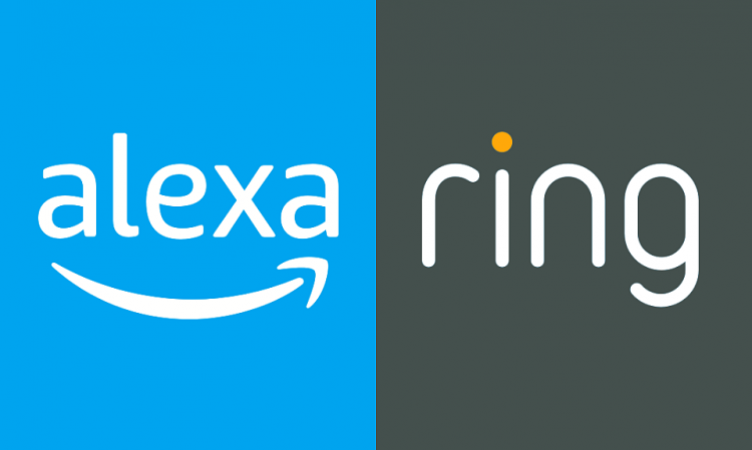
Amazon has agreed to settle charges from the Federal Trade Commission that it violated a statute protecting children's privacy and misled parents by retaining for years the voice and location data of children recorded by its well-known Alexa voice assistant by paying a $25 million civil penalty. In a separate agreement, the company acknowledged that its doorbell camera Ring may have violated customers' privacy and agreed to pay $5.8 million in refunds to them.
Amazon is required by the Alexa-related action to revise its data deletion procedures and implement tougher, more lucid privacy controls. Additionally, it requires the tech giant to remove certain information gathered by its web-connected personal assistant, which is used by users to do everything from playing games and queue up music to checking the weather.
Samuel Levine, the FCT's director of consumer protection, said in a statement that Amazon's history of misleading parents, retaining children's recordings indefinitely, and disobeying deletion orders infringed on COPPA (the Child Online Privacy Protection Act) and compromised privacy for money. The 1998 law was created to protect kids from the dangers of the internet.
According to a statement by FTC Commissioner Alvaro Bedoya, "when parents asked Amazon to delete their kids' Alexa voice data, the company did not delete all of it." The organisation mandated that specific voice and geolocation data, as well as dormant child accounts, be deleted by the corporation.Bedoya said, Amazon stored the children's data to improve the voice recognition algorithm that powers Alexa, the artificial intelligence that runs Echo and other smart speakers. According to him, the FTC case sends a message to other tech firms that are "sprinting to do the same" in the face of intense competition when it comes to creating AI datasets. The father of two young children, Bedoya, stated on Twitter that "nothing is more visceral to a parent than the sound of their child's voice."
More than half a billion Alexa-enabled gadgets have been sold internationally, according to Amazon, which also said that usage of the service rose 35% in 2016.
The FTC says, in the Ring case, Amazon's subsidiary for home security cameras gave employees and contractors access to customers' private recordings and used insufficient security procedures that made it possible for hackers to take over certain accounts.
Many of the FTC's claims of violations against California-based Ring's operations date before Amazon's 2018 acquisition of the company. Ring is compelled by the FTC's decision to pay $5.8 million, which will be used for consumer refunds.
Amazon denied breaking the law and stated that it disagreed with the FTC's allegations on both Alexa and Ring. Nevertheless, it stated that the agreements "put these matters behind us."
The Seattle-based business claimed that its "devices and services are built to protect customers' privacy and to give customers control over their experience."
The proposed order forbids Amazon from using deleted voice and geolocation data to develop or enhance any data products, in addition to the penalty in the Alexa case. Amazon must also develop a privacy programme for its use of geolocation data in accordance with the court's judgment.
Federal judges must approve the proposed orders. The decision to charge Amazon in both cases was made by the FTC commissioners in unanimity.